Questa lettera, che ho ricevuto tramite il sito della Purdue University, è degna di nota.
Se penso a quello che è successo a me negli USA, e cioè prese di posizioni del tutto arbitrarie, ciniche e ingiuste da parte dei capi solo per aver espresso un'opinione leggermente diversa su come si può insegnare l'italiano, non posso che rallegrarmi di questa messaggio.
Ho raccontato la mia esperienza in
http://www.peacereporter.net/dettaglio_articolo.php?idart=6808
Il messaggio sotto riportato viene dall'associazione di professori universitari
www.aaup.org
Si lamentano della poca libertà di insegnamento e di espressione negli USA.
Si sono finalmente accorti di come non ci si possa esprimere davvero liberamente, specie in modo critico verso boss, istituzioni, e potere politico.
In teoria c'è libertà di espressione, ma il fatto che i lavoratori non abbiano quasi alcuna difesa sindacale, li rende estremamente vulnerabili e in balia di capi che possono licenziarli praticamente senza giustificare tali decisioni.
Non posso che sostenere questa presa di posizione e augurarmi che aumenti davvero la libertà di espressione nel paese che si vanta di essere il più libero e democratico del mondo.
Roberta Barazza
BLUE BANNER
The AAUP Online
News for the Higher Education Community
The intellectual independence and integrity of higher education’s classroom faculty have been under attack for some time—by the press, by conservative commentators, and by politicians. The American Association of University Professors (AAUP) is convinced that it is time take back the classroom on behalf of academic freedom. In a clear and carefully reasoned historic new report, we counter these attacks and lay out the principles of responsible college pedagogy. The full report, Freedom in the Classroom, is available in the September–October issue of Academe, our journal of record, and online at (http://lyris.eresources.com:81/t/1010787/1942950/473/0/
The report differentiates instruction from indoctrination. It addresses demands for “balance” in the classroom and offers a very specific and limited disciplinary rationale for the relevance of balance. It argues forcefully that college instructors have the right—and, some would argue, the responsibility—to challenge their students’ most cherished beliefs.
The report also takes up the most controversial issue, politics in the classroom, and offers an analysis for your consideration. We adapt an example from a 2007 New York Times column: “Might not a teacher of nineteenth-century American literature, taking up Moby Dick, a subject having nothing to do with the presidency, ask the class to consider whether any parallel between President George W. Bush and Captain Ahab could be pursued for insight into Melville’s novel? Might not an instructor of classical philosophy, teaching Aristotle’s views of moral virtue, present President Bill Clinton’s conduct as a case study for student discussion?”
No matter what the discipline, no matter what subject matter or historical period a course description defines, we suggest, the field of contemporary culture and politics is available for comparison, analogy, and contrast. To say this is to reaffirm the life of the mind, to assert that in human culture anything may potentially be connected to anything else.
This e-mail is being sent to more than 350,000 faculty and academic professionals in the United States and to tens of thousands in other countries. Not all faculty and academic professionals have the sort of academic freedom we value, but they all need to hear these principles articulated and affirmed. We encourage you to read the full report, discuss it with your students and colleagues, send us your comments, and join our efforts to disseminate this message.
See Michael Bérubé’s essay “Why the AAUP’s New Statement ‘Freedom in the Classroom’ Matters” online (http://lyris.eresources.com:81/t/1010787/1942950/469/0/ in the September 11 issue of Inside Higher Ed.
Cary Nelson
AAUP President
The AAUP Online is an electronic newsletter of the American Association of University Professors. For more information about the AAUP, visit (http://lyris.eresources.com:81/t/1010787/1942950/474/0/
barazza.roberta@gmail.com
via de' toschi (bologna)

capanna su un albero - san lazzaro di savena (bologna)

palazzo (ele)fantuzzi - bologna (particolare)

porta manin - udine

rosa
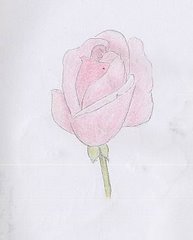
castello di udine
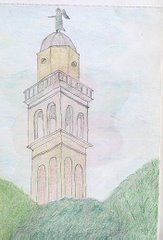
fiori viola e gialli

fiori arancio
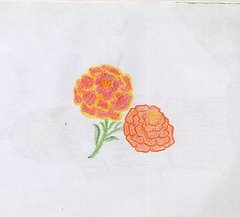
fiori rosa
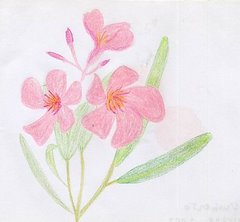
la sedia di manzano (udine)

cristina
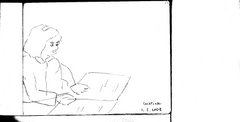
cigno (treviso)
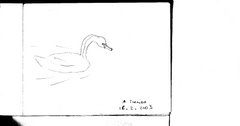
la dea khali
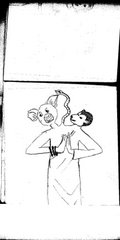
oristano
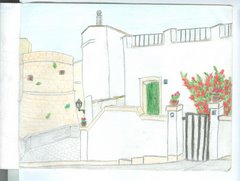
castello di collalto (susegana - treviso)

casa abbandonata
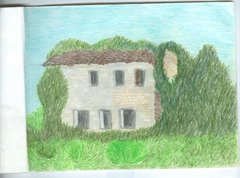
castello di ferrara

linearità
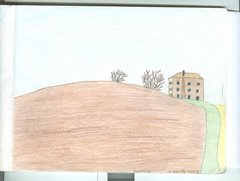
ramo sul sile (treviso)

carnevale 2003 (treviso)
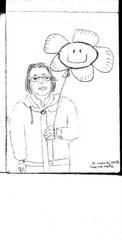
castello lucheschi (colle umberto - treviso)

castello vescovile (vittorio veneto - treviso)

narcisi
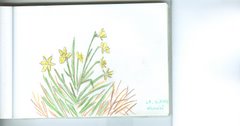
gatto di botero (venezia)
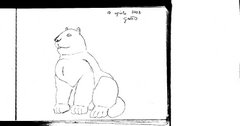
notte buia e tempestosa
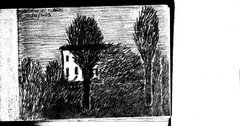
porto di trieste
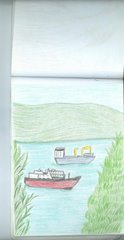
villa sul sile (treviso)

papaveri
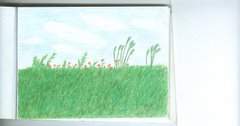
verdi colline
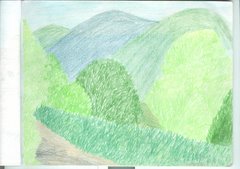
professoressa di un'università italiana
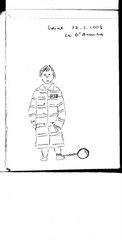
oca. joniskis (lituania)
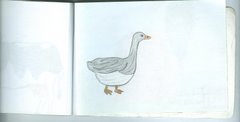
mucca. joniskis (lituania)

capra. joniskis (lituania)
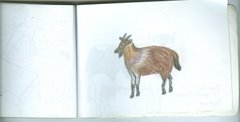
koper (slovenia)
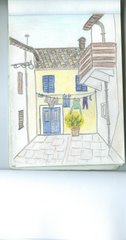
canneto (slovenia)
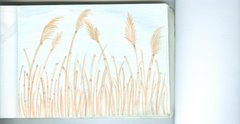
scurcola marsicana (l'aquila)
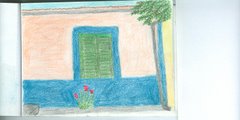
drago. abbazia di san clemente a causaria (pescara)
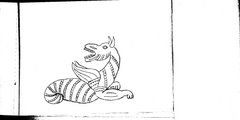
lecce. arco di trionfo
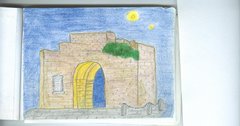
fiore (treviso)

castello di avio (trento)
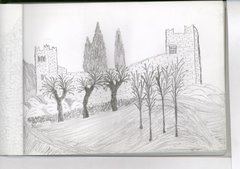
fiore giallo (montecarlo)

jardin japonaise (montecarlo)

fiore (valbonne - francia)
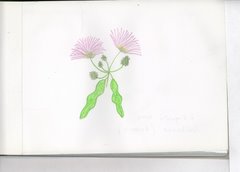
fiore (plascassier - francia)
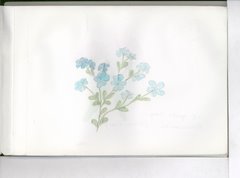
fiore (basovizza - trieste)
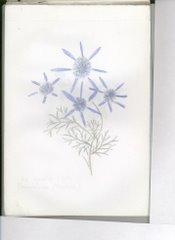
mudanjiang (cina)
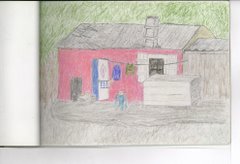
maschera (pechino)

palazzo del parlamento (pechino)
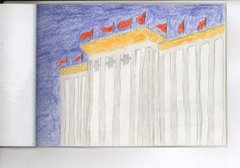
pechino
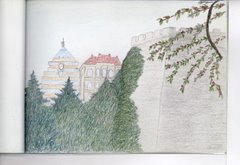
in ricordo di immigrati albanesi (trieste)
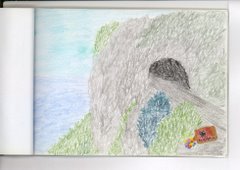
scoglio a miramare (trieste)

tamerici (marano lagunare)

stallio e ollio
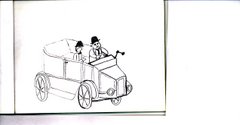
comignolo sul mare (trieste)
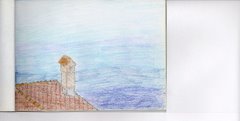
chopin (varsavia)
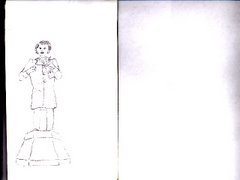
girasoli nel polesine
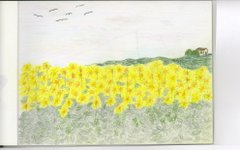
tallin (estonia)
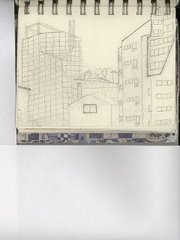
paesaggio baltico
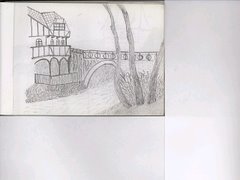
danzica (polonia). monumento a solidarnosc
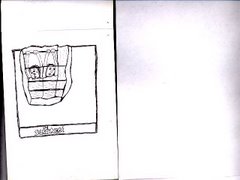
varsavia.palazzo della cultura
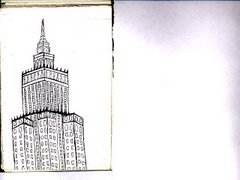
architetture baltiche
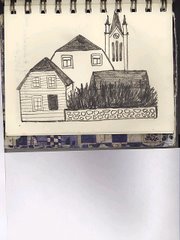
klaipeda (lituania). nave

riga. particolare liberty
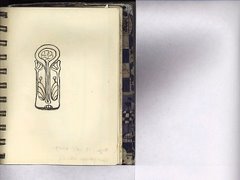
lettonia. comignoli
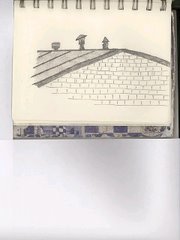
lettonia. albero

'Le tre grazie' di Riga (Lettonia).
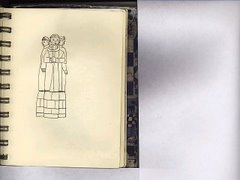
riga. pop art baltica
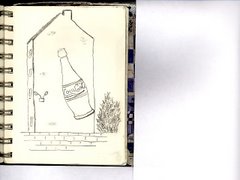
udine.aereo
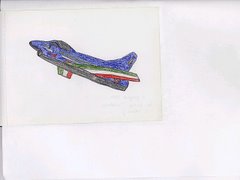
paperino

riga (lettonia). lume
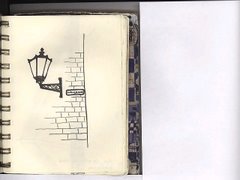
riga (lettonia). geometrie

siauliai (lituania). chiesa ortodossa

il sentiero di rilke (duino - trieste). fiore

I miei siti e blog
About Me
qualche mio articolo
- http://ilrestodelcarlino.ilsole24ore.com/rovigo/cronaca/2010/02/03/288495-canaro.shtml
- http://venus.unive.it/italslab/modules.php?op=modload&name=ezcms&file=index&menu=79&page_id=551
- http://ilmiolibro.kataweb.it/categorie.asp?searchInput=roberta+barazza&act=ricerca&genere=tutte
- http://www.luigiboschi.it/?q=search/node/roberta+barazza
- http://www.luigiboschi.it/?q=node/6902
- http://gruppoculturaleparolesparse.blogspot.com/2007/12/e-se-per-una-volta-parlassimo-di-film.html
- http://gruppoculturaleparolesparse.blogspot.com/2007/12/schiava-di-mio-marito-di-thmina-durrani.html
- http://www.ildueblog.it/?s=roberta+barazza
- http://www.peacereporter.net/default_ricerca.php?campo_ricerca=roberta+barazza
- http://venus.unive.it/italslab/modules.php?op=modload&name=ezcms&file=index&menu=79&page_id=176
- http://venus.unive.it/italslab/modules.php?op=modload&name=ezcms&file=index&menu=79&page_id=178
- http://venus.unive.it/italslab/modules.php?op=modload&name=ezcms&file=index&menu=79&page_id=243
- http://venus.unive.it/italslab/modules.php?op=modload&name=ezcms&file=index&menu=79&page_id=327
- http://venus.unive.it/italslab/modules.php?op=modload&name=ezcms&file=index&menu=79&page_id=368